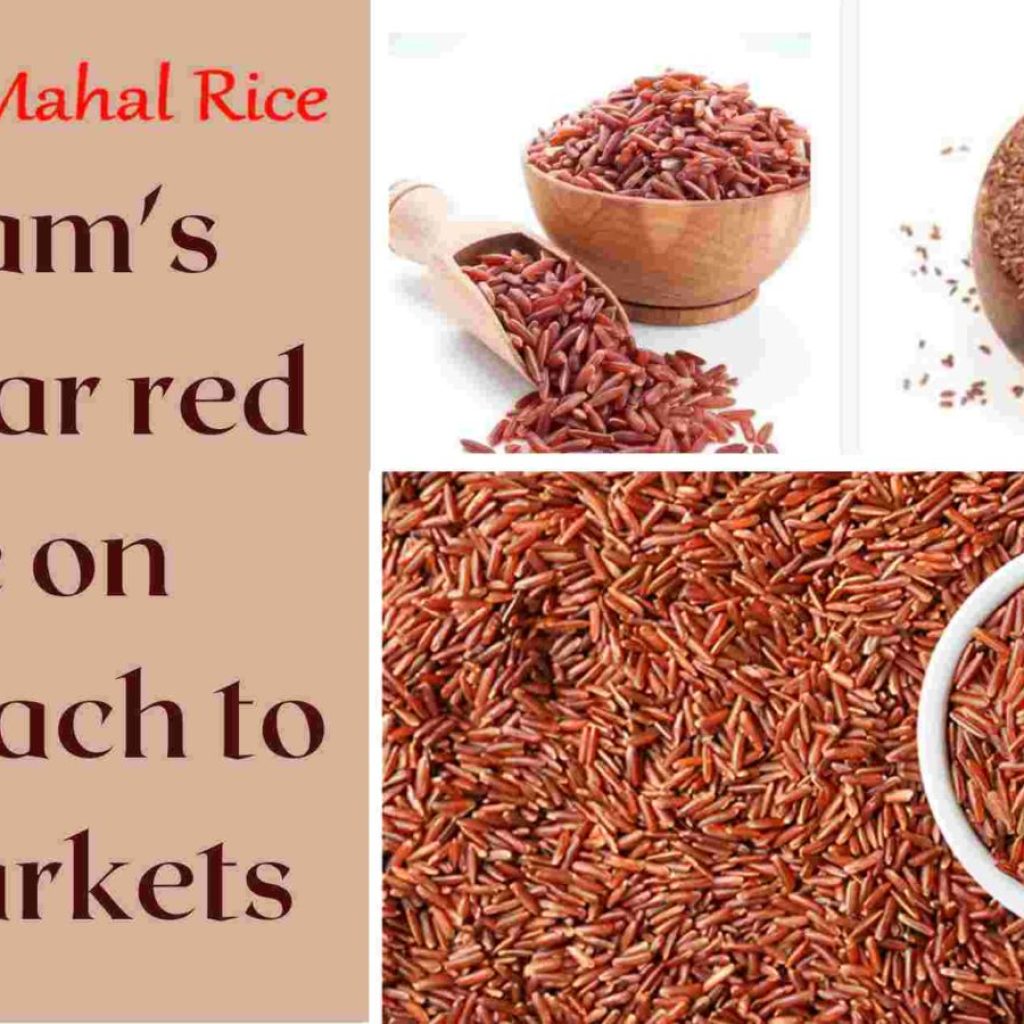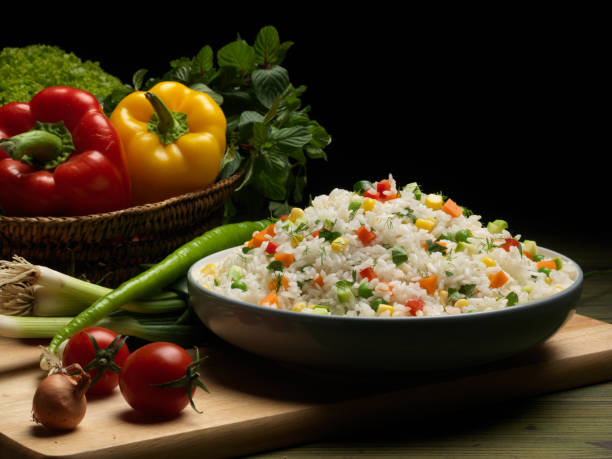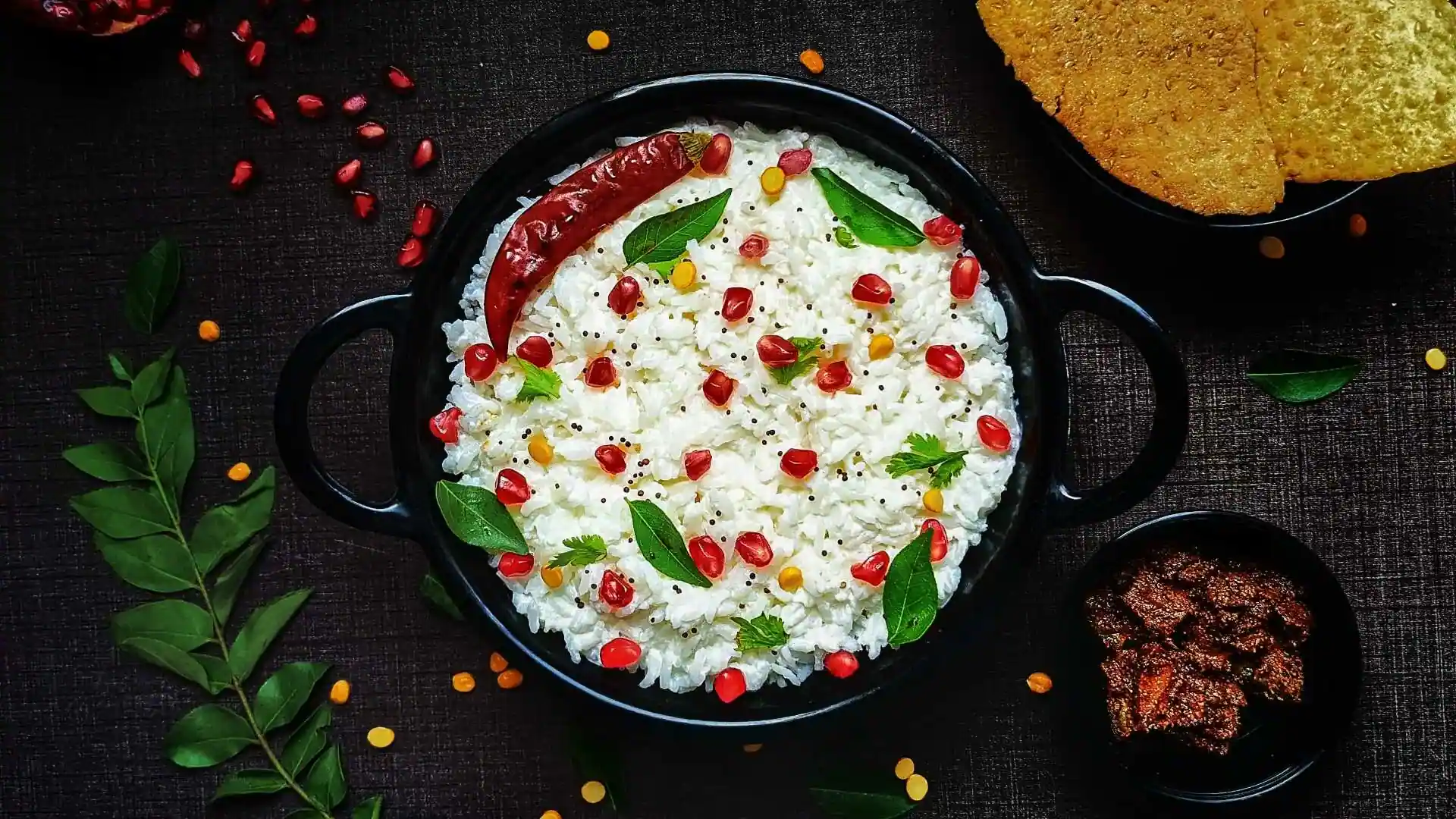GUWAHATI: In a significant lift to India’s rice trades potential, the main transfer of ‘red rice’ was hailed off to the US.
The Iron-rich ‘red rice’ is filled in the Brahmaputra Valley without the utilization of any synthetic manures. The nearby rice assortment is called ‘Bao-dhaan’ and is an essential piece of Assamese conventional dishes.
The hailing off service of the fare transfers was completed by Agricultural and Processed Food Products Export Development Authority (APEDA) executive M Angamuthu at Sonepat in Haryana on Thursday within the sight of Vinita Sudhanshu, delegate head supervisor of APEDA and authorities of LT Foods, which has sourced red rice in mass from parts of eastern Assam. The transfer was dispatched to the US, on the way to a seaport in Mumbai.
As the fare of ‘red rice’ develops, it is required to improve ranch pay in the Brahmaputra flood fields. Jorhat, Golaghat and Lakhimpur are among the locale that are significant makers of red rice.
“Assam has a rich variety of horticultural items. Joha rice and red rice can possibly become famous worldwide. Ginger, pineapple, and orange, as well, have great potential. We are wanting to showcase every one of these items,” Angamuthu told TOI, adding that they are intending to send out Joha rice in huge amounts to the center east. Other than being a nutritious eating routine for grown-ups, it is significant for child food.
The public authority had set up the Rice Export Promotion Forum (REPF) under the aegis of APEDA. REPF has portrayals from the rice business, exporters, APEDA authorities, service of trade, and heads of farming from rice-delivering states like West Bengal, Uttar Pradesh, Punjab, Haryana, Telangana, Andhra Pradesh, Assam, Chhattisgarh, and Odisha.
An APEDA discharge expressed that during the April – January period in 2020-21, the shipment of non-Basmati rice saw a great spike. The non-basmati rice trade was Rs 26,058 crore (3,506 US$ Million) during April-January, 2021, against Rs 11,543 crore (1,627 US$ Million) detailed during April-January, 2020 period. The fares of non-Basmati saw development of 125% in Rupee terms and 115% in Dollar terms.
The sharp spike in rice sends out, particularly during a stage where worldwide, the Covid-19 pandemic disturbed the production network of numerous items, has been credited to the public authority taking brief measures to guarantee the fare of rice while taking all the Covid-19 related wellbeing safeguards.
“We took a few measures regarding guaranteeing wellbeing and cleanliness as a result of the operational and wellbeing challenges presented by Covid-19 while guaranteeing that rice sends out proceeded with continuous,” Angamuthu added.



